FAQ
APSS Book Selling University will address these issues by developing and offering a series of instructional webinars for authors and publishers. Upon completion, the “students” will be certified for their areas of expertise (publishing and/or marketing).
• Create awareness of the opportunity for increased revenue and profits from sales to non-bookstore buyers
• Set industry standards for quality of publishing and marketing books
• Help authors and publishers succeed by knowing and performing to “Best Practices” standards
• Help people create and run a profitable publishing business
• Empower authors to become more involved with the success of their books
• Create an Honoring Excellence award to recognize authors, publishers, consultants, businesses and organizations that consistently offer and deliver exceptional products and services
• Expand awareness of APSS, build membership and create a new revenue stream
• Book publishers who want to expand their sales opportunities to non-bookstore buyers
• Published authors who could sell more books if they knew more about the marketing options available, as well as how to use them.
• People who want to establish a publishing business, or grow an existing publishing firm.
The best way to exploit this opportunity is to divide it into two segments and sell to buyers in each according to their traditional ways of purchasing. One is the retail segment where you reach buyers using a network of middlemen. The other segment is comprised of direct sales to non-retailers that use books as marketing tools to sell more of their products or help their employees, members or students.
1) Selling to retailers. You are already familiar with this sector. You find distributors or wholesalers to get your books into retail outlets where they are sold off the shelf to consumers. Payments are made in two or three months and unsold books are returned. Retailers display products that 1) will build store traffic, 2) maximize profitability per square foot and 3) generate more inventory turns. Prove that your title can do those things better than competitors’ titles and you can get your books on retailers’ shelves. Examples are discount stores and warehouse clubs, airport stores, supermarkets and pharmacies, museums, zoos and national parks, gift shops and specialty stores
2. Non-retail sales. Corporations, associations, foundations, government agencies and the armed services buy books directly from publishers for use as premiums, incentives, sales promotions, for educational purposes, and sometimes for resale. The factor differentiating this segment from the retail sector is that you sell directly to buyers in these organizations. Sales are typically made in large quantities, returns are rare and payment is received more quickly.
Special-sales marketing is not a separate way of doing business. It is not even a new way of doing business. It is an integral part of overall marketing strategy. Simply divide non-bookstore marketing into its two component parts and you may find hundreds, if not thousands of prospective customers for your books.
• Learn how to sell more books in large, non-returnable quantities
• Make more money selling your books
• Find more people who can buy your books
• Price your books for maximum profits
• Pinpoint social media
• Make your publicity more effective and efficient
• Find the best distribution partners for retail stores, libraries
and search for Book Selling University.
